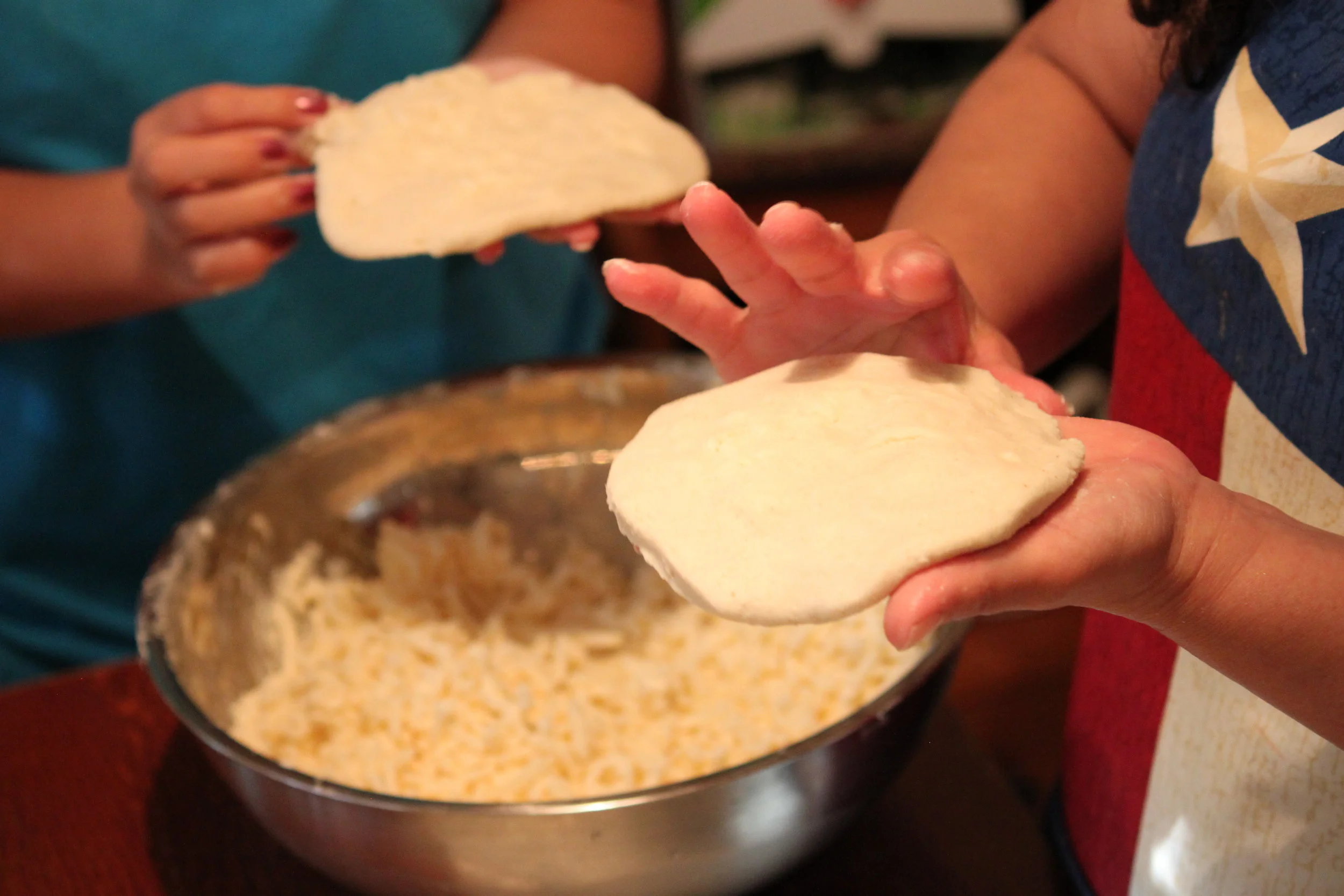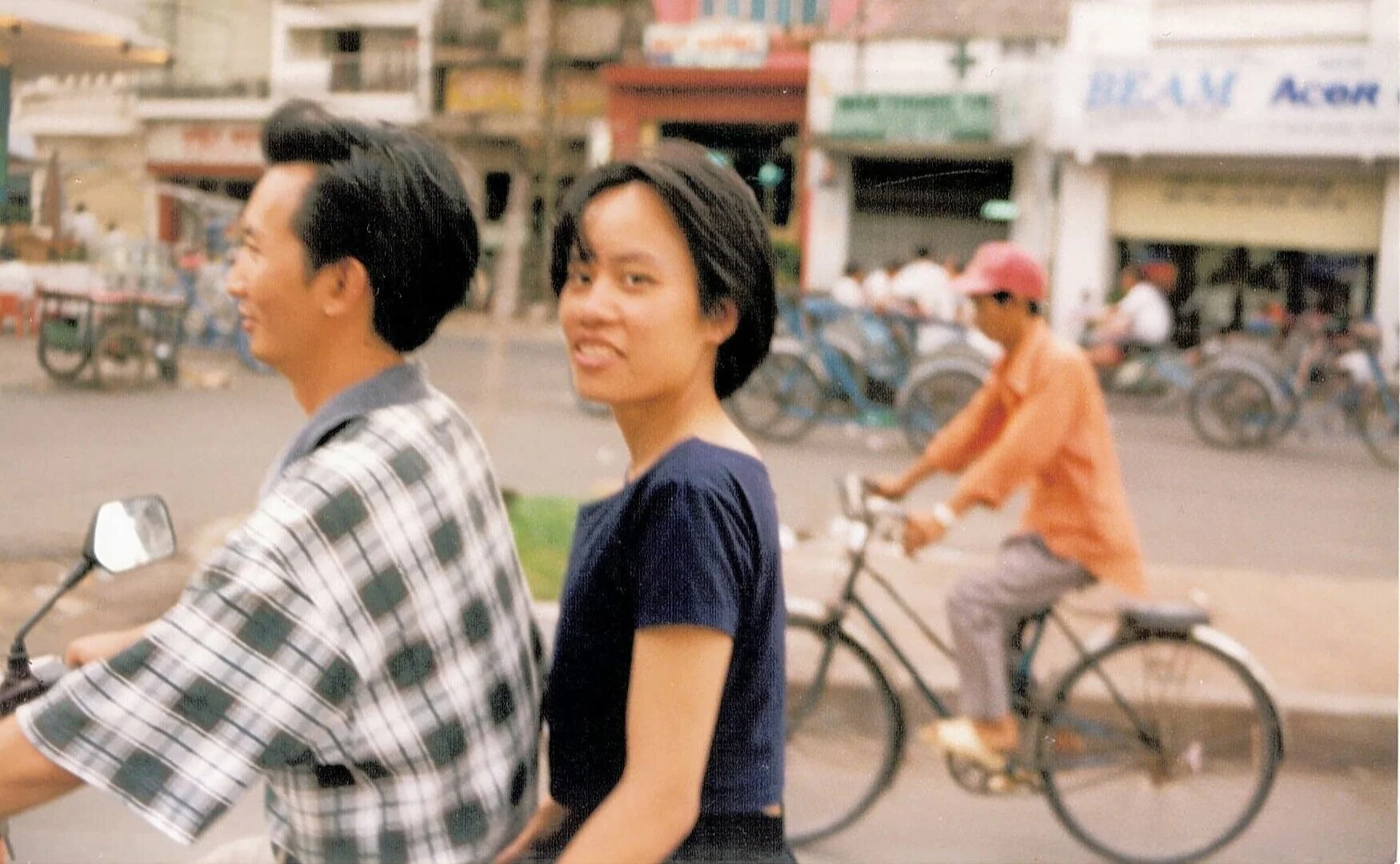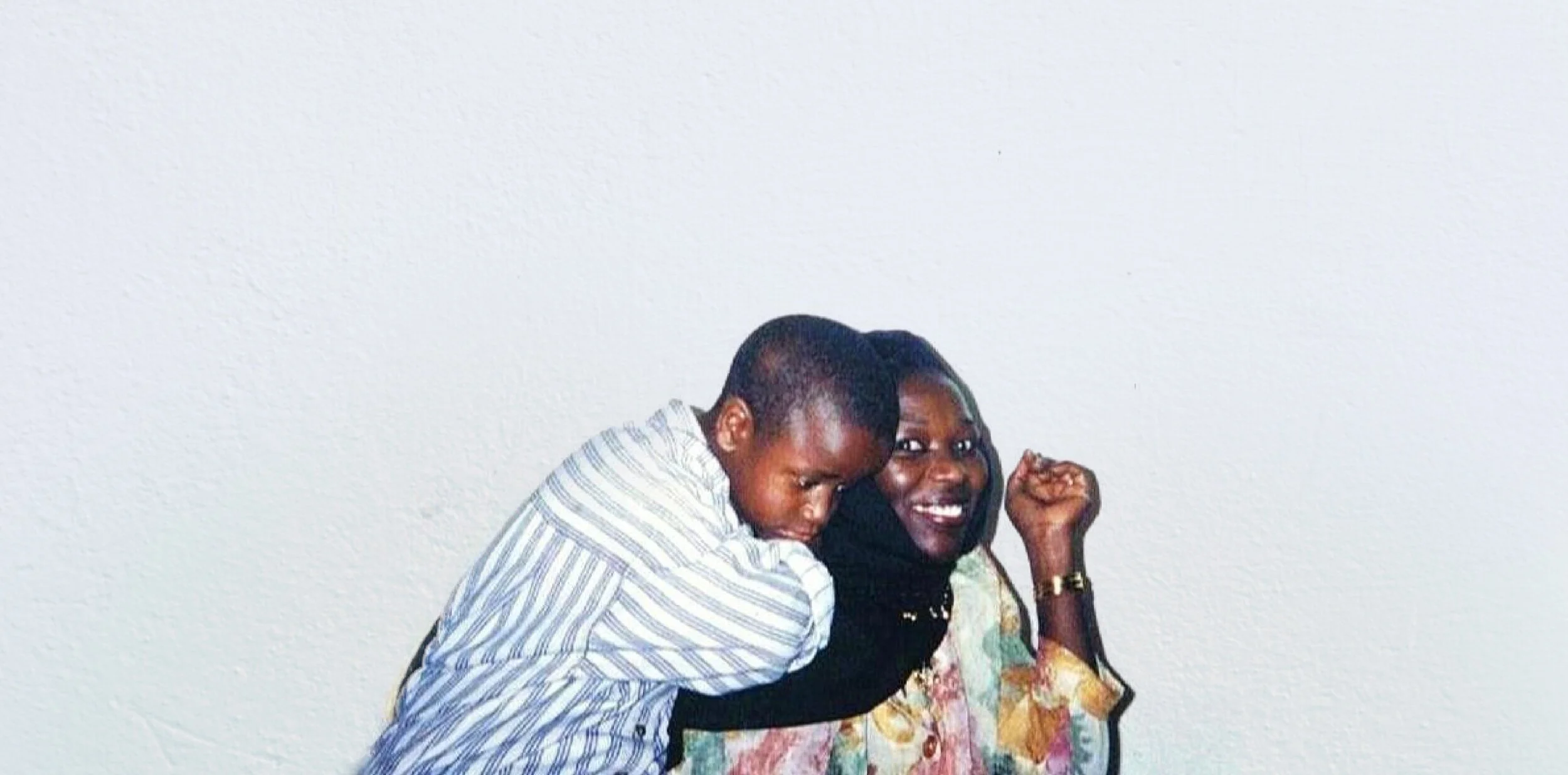What It Takes
In late 1986, my parents fled Apartheid South Africa for a new life in Baltimore, Maryland. My parents vehemently opposed the regime and refused to live in a country that so violently oppressed people on the basis of the color of their skin. In the late 1980’s violence in South Africa was at an all time high. One of my father’s college mentors was shot by secret police in his driveway, in front of his wife. They believed that to stay was to condone the government. So, they moved. When my brother and I were born in America, we became the third generation in a row to be born in a different country than their parents. We're Jewish. It's what we do. My great-grandfather fled Russia for South Africa with his family and infant son. My parents fled for us.
My father arrived in Baltimore on a three-year work visa. My mother was unable to get a visa that allowed her to work. They spent their entire life savings on Visa fees, travel expenses, and transporting what little they had accumulated in their one year old marriage. Because America still had sanctions against South Africa in place, they couldn't travel directly to the US. They flew from South Africa to Germany, Germany to the UK, the UK to Baltimore. My mother was six months pregnant at the time. The day after they arrived, my dad got up and went to work. He was terrified to lose his job and be forced to return to South Africa. My father worked impossibly hard to build a life for his new family in America and, in three years, he became a successful copywriter at an advertising agency in Baltimore.
In February of 1990, Nelson Mandela was freed from prison on Robben Island. My mother was seven months pregnant with me. For a split second, they thought about going back. But South Africa was still a mess and Apartheid was far from gone. Around that time, my father’s work visa expired and, with no Green Card for either of my parents in sight, we picked up and moved to Canada. I was a newborn. In my first passport, you can see my mother holding me up for the camera. We stayed in Canada as long as my dad had work, but my parents never settled. When I was three, my dad found more work in Baltimore and, again, we moved. One of my earliest memories is of our first day back in America, moving into a small townhouse in Baltimore’s largely Jewish suburb, Pikesville.
Still, my parents didn’t have Green Cards and were only able to get them in 1994, a full eight years after immigrating. It would take another ten years for them to earn citizenship. During that time, my father went from junior copywriter to the Executive Creative Director of a top advertising agency. Under his leadership, his agency won the 2005 O’Toole Award for Creative Excellence in advertising. He created campaigns for the National Aquarium, the Nature Conservancy, the Maryland Lottery, Toyota, and Lenox China, just to name a few. My mother studied arts administration, but after immigrating, she shifted career paths. In the years when she couldn’t work, she volunteered with a local Jewish organization, helping recently liberated Soviet Jews adjust to life in America and navigate the bureaucratic nightmare that is US Immigration. She then pivoted her career in a different direction and began teaching English as a second language to foreign students. She began as an adjunct before working her way up to the Associate Directorship of her department. Last year, she was made the head of her department. My mother has taught students from all over the world, guiding them through the trauma of immigration she so intimately knows. Today, she is doing everything in her power to fight Trump’s immigration ban and help her students.
I only learned recently how difficult my family’s financial situation was for the bulk of my childhood. My parents were only able to take a certain amount of money out of South Africa and had to spend much of what they brought over on a car. My dad worked constantly, but was always home in the evenings to read books and horse around with my brother and I. My mother frequently worked two, three jobs to help make ends meet, while also helping my brother and I through school. My parents made sure we never felt deprived or unloved, even though they were tearing themselves into so many pieces to make ends meet.
I’ve struggled to understand my place in the grand narrative of American history. I’m a bisexual, Jewish woman. There aren’t a lot of people like me celebrated or even discussed in our history books. It is the stories of immigrants that I have gravitated towards the most. In the faces of those who made the same journey as my parents, I feel like I have a stake in this country’s narrative.








